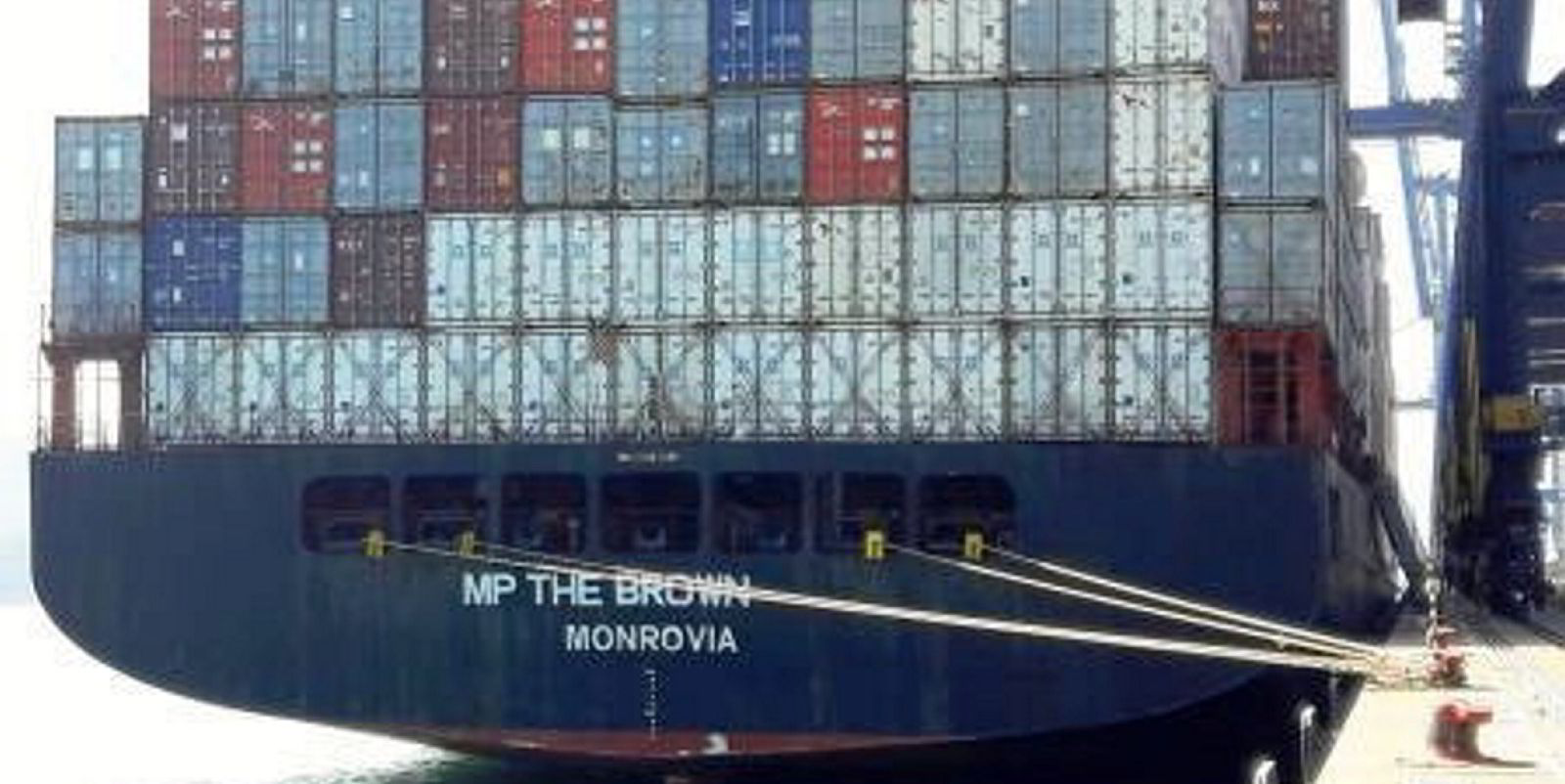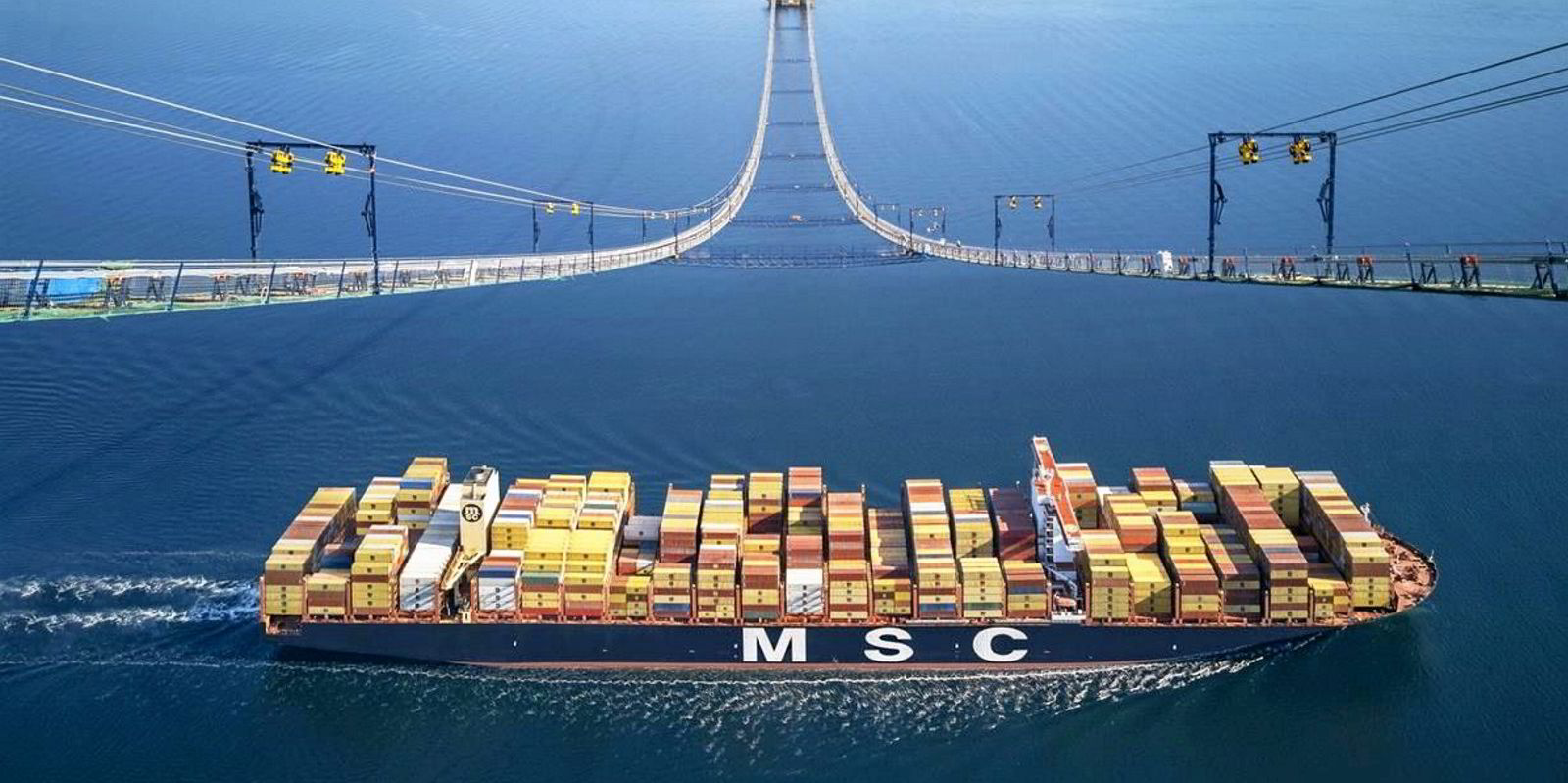The container ship charter market has shrunk at an unprecedented pace in the past 20 months, according to Alphaliner.
Tonnage providers have sold 501 vessels with a combined total of 1.7m teu between August 2020 and March this year.
That amounts to a net reduction of the global charter fleet of around 1.6m teu, with just 32 vessels sold by end-users to tonnage providers.
The decline in the fleets of non-operating owners began in August 2020, when lines started tapping tonnage providers’ fleets for vessels from 700 teu to 9,000 teu, the analyst said.
Skyrocketing charter rates meant buying rather than chartering was more financially appealing for liner operators.
Swiss carrier Mediterranean Shipping Co (MSC) was the most eager buyer of non-operating owner tonnage, followed by France’s CMA CGM, Danish giant AP Moller-Maersk and Taiwanese operator Wan Hai Lines, Alphaliner said.
MSC acquired 169 secondhand container vessels of 636,900 teu — a “staggering” number, according to Alphaliner, matching a carrier the size of Yang Ming, the ninth-largest liner operator.
CMA CGM was the second-biggest buyer, with 62 vessels with a combined capacity of 207,000 teu.
Maersk bought 27 vessels totalling 141,600 teu, and Wan Hai bought 23 ships with 139,700 teu of capacity.
Singapore’s Sea Consortium and Germany’s Hapag-Lloyd were also active, adding 14 and 13 ships respectively.
The decline of the chartered fleet started from August to December 2020, when 79 vessels totalling 341,700 teu were sold to end-users, Alphaliner said.
The pace continued in 2021 with close to 1.2m teu of charter-market tonnage sold to lines.
The haemorrhage has continued this year, with 62 vessels of about 200,000 teu sold between January and March.
Soaring newbuilding prices, a general lack of near-term delivery slots and uncertainty about the “right” choice of propulsion have kept speculative ordering relatively low, Alphaliner added.
“While non-operating owners have started to place newbuilding orders again, the number and capacity of these upcoming ships is far smaller than the fleet sold to carriers,” it said.
Just 175 vessels with a capacity of 710,321 teu were ordered by tonnage providers over the past 20 months.
Half of these are already fixed on long-term employment. Most of what remains of the charter-free fleet is smaller vessels of between 1,000 to 3,000 teu.







